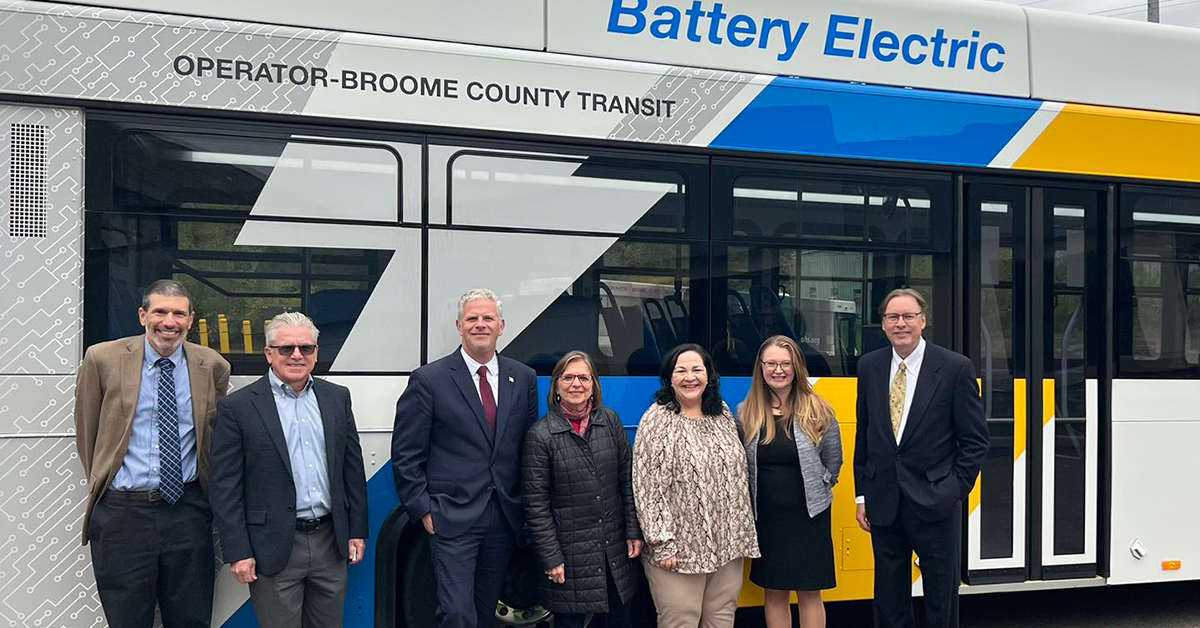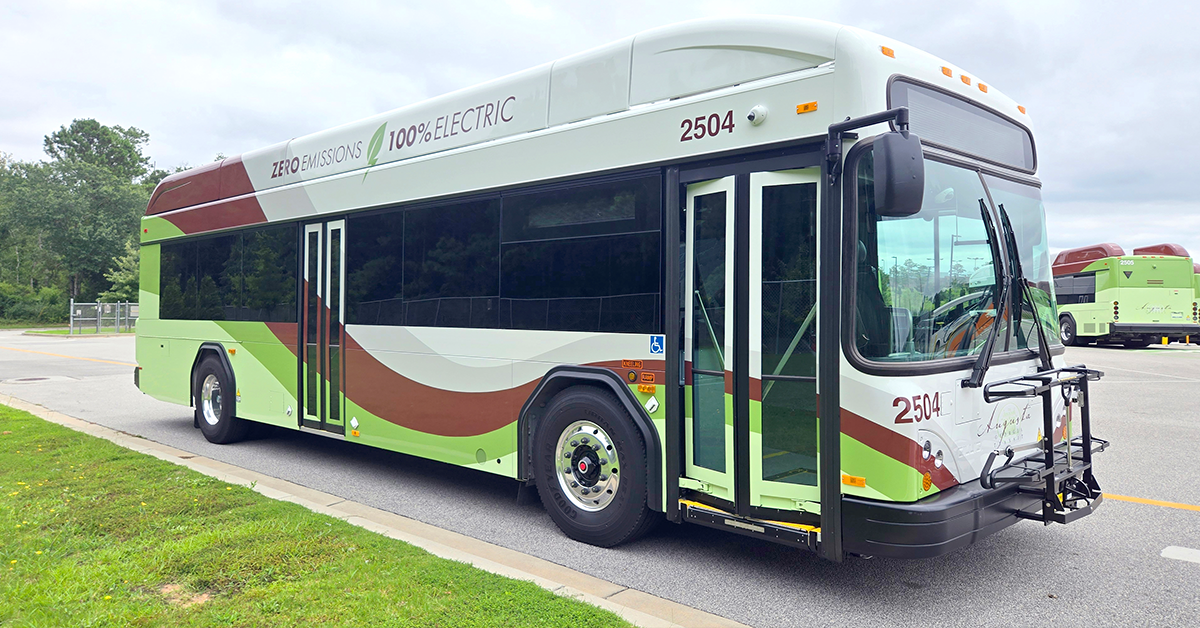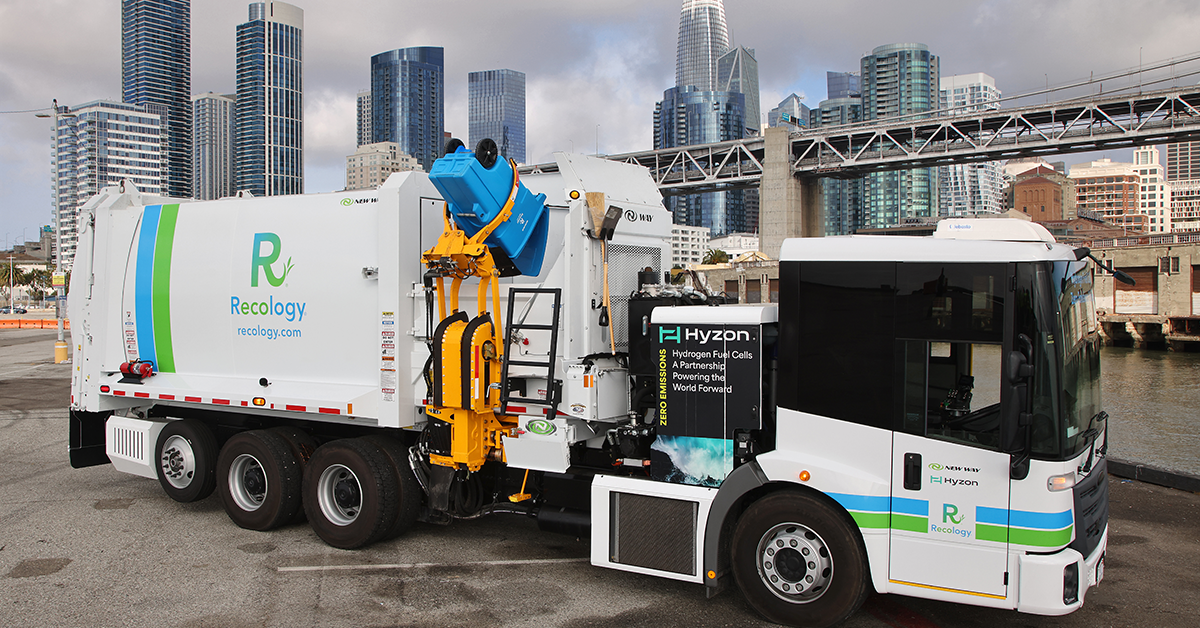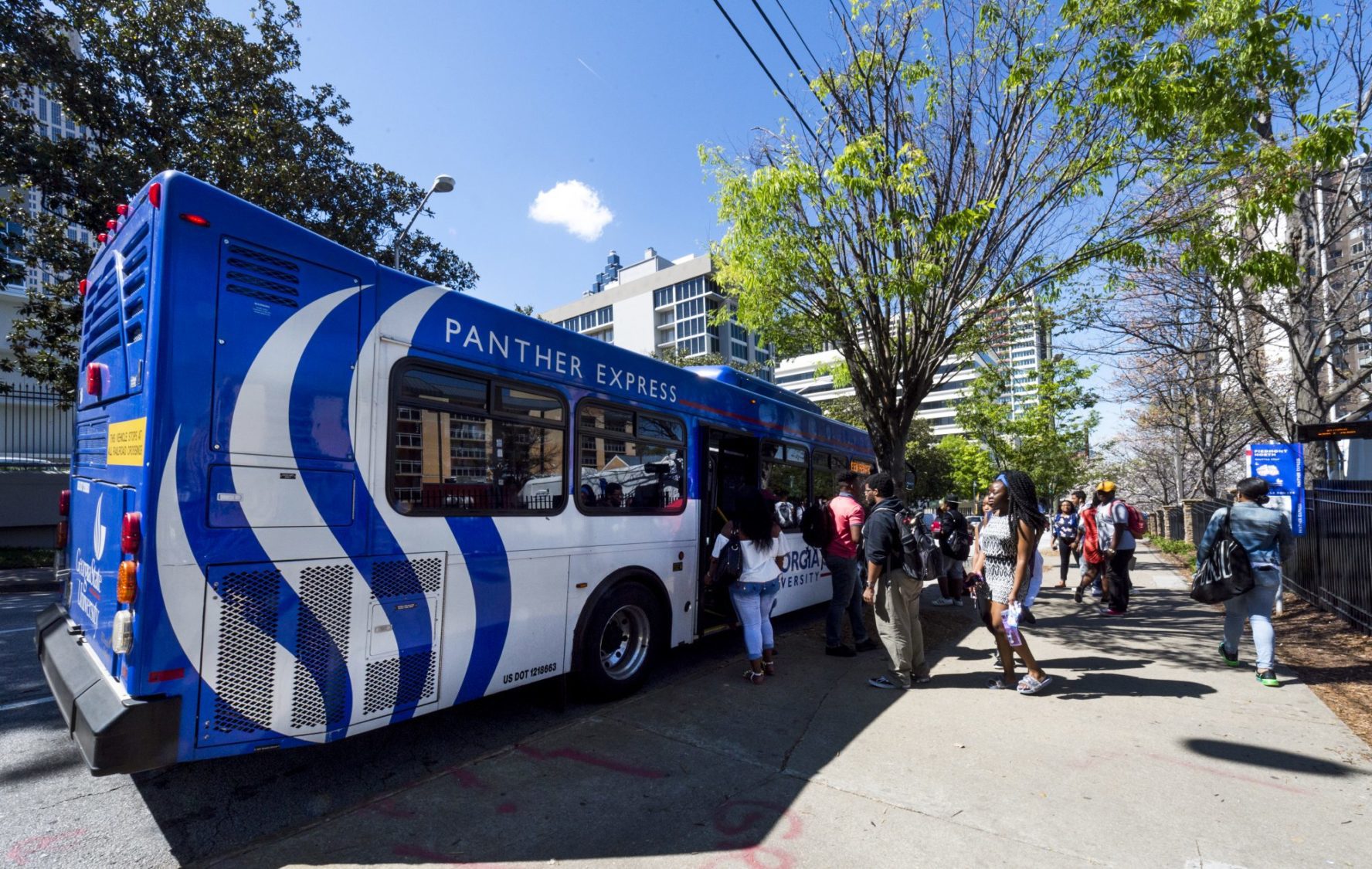CTE Team to Implement Hydrogen Fuel Cell Pilot Program at Fort Lewis, WA

CTE Team to Implement Hydrogen Fuel Cell Pilot Program at Fort Lewis, WA
The Center for Transportation and the Environment (CTE) has contracted to provide a turnkey hydrogen and fuel cell demonstration project at the U.S. Army's Forces Command at Fort Lewis in Tacoma, Washington. The project includes all of the key elements of a clean hydrogen energy cycle: a renewable energy supply in the form of recovered waste water treatment plant digester gas‚ local hydrogen generation via digester gas cleanup and reformation‚ bulk hydrogen storage, transport, and dispensing Hydrogen load in the form of 19 fuel cell-powered electric forklifts and one fuel cell powered shuttle bus, with an option for a stationary fuel cell system.
The project consists of approximately 16 months of infrastructure and vehicle development and deployment followed by two years of pilot program operations and data collection.The project team is led by CTE and consists of an exceptional group of organizations, including GasTechnology Institute (IL/USA), Plug Power (NY/USA), Proterra LLC (CO/USA), and AirProducts and Chemicals (PA/USA). The team includes a unique mix of emerging technologiesfrom developers with a proven record of moving clean energy products into the marketplace.The hydrogen generation system, designed and supplied by Gas Technology Institute (GTI), willconsist of three key components;
1) digester gas cleanup,
2) biomethane reformation, and
3)hydrogen purification.
This 3-component system will tie into the Ft. Lewis existing digester gas management system to yield pure hydrogen, which will be delivered to a buffer tank. A separate of hydrogen-rich gas can be diverted for use by a stationary fuel cell system for on-site power generation. The process will be continuously monitored with automatic controls to maintain hydrogen quality standards necessary for the fuel cell equipment. The completed system will be capable of providing over 50 kg of hydrogen daily to the compression, storage, and dispensing system.
Air Products will provide hydrogen transportation, compression, storage, and dispensing equipment, as well as hydrogen backup. A compression and tube trailer filling system will be located at the hydrogen generation site. Two over the road tube trailers or ISO modules will transport the hydrogen from the generation site to the dispensing site. One trailer will be filling at the generation site while the other supplies the dispensing station. The dispensing system is equipped with a gaseous hydrogen buffer storage comprised of six, high-pressure gas cylinders. Total hydrogen storage is approximately 100 kg. Two, 350 bar outdoor dispensers will service the high-pressure requirements of the fuel cell lift trucks and the fuel cell bus. A hydrogen backup system will be provided in case the generation system or the anaerobic digester gas supply is unavailable for hydrogen production.Plug Power Inc. will provide 19 class 1 GenDrive fuel cell units to power a fleet of sit-down counterbalanced lift trucks, as well as expertise in system integration, training, service and support.The 19 GenDrive-powered forklift trucks will be used at the logistics facility during the 24-month pilot period. Operating the fuel cells in rigorous, real-world conditions will provide Plug Power an opportunity to collect data, improve readiness levels, reduce costs, and add to the mounting evidence in support of the commercial viability of their GenDrive hydrogen fuel cell solution.
The Proterra designed and built bus is a 35-foot, composite-body, plug-in, battery-dominant fuel cell hybrid electric bus. This unique deployment of technology allows the use of a much smaller, dramatically less expensive, automotive-size fuel cell manufactured by Hydrogenics. The success of this design is a result of integrating existing, proven technologies with a lightweight body and an innovative electric-drive powertrain including advanced Lithium Titinate batteries. The bus will be used to transport staff around Ft. Lewis and between Ft. Lewis and McChord AFB.This is the third in a series of Defense Logistics Agency (DLA) pilot projects to demonstrate the economic, operational and environmental benefits of powering material handling equipment with fuel cells. The project will provide the Department of Defense with the technical and business case data to support its plans for hydrogen infrastructure and the retrofit or replacement of an existing forklift fleet with hydrogen fuel cell-powered machines, thus enabling DOD to achieve its EnergyPolicy Act (EPACT 2005) objectives.
About CTE/SHFCCThe Center for Transportation and the Environment (CTE) is a nonprofit, 501 (c)(3) organization that develops technologies and implements solutions to achieve energy and environmental sustainability. Since its founding in 1993, CTE has managed a portfolio of over $110 million in federal, state, and local cost-shared research, development, and demonstration projects involving more than 450 organizations in the advanced transportation technology field. CTE has facilitated and leveraged funding for its projects and initiatives from the U.S. Departments of Defense, Energy,Interior, and Transportation, as well as from the U.S. Army and NASA, among many others. CTE is also nationally recognized for its expertise in the measurement and evaluation of transportation demand management (TDM) programs and manages the Southern Hydrogen & Fuel Cell Coalition(SHFCC) in partnership with the Federal Transit Administration.
SHFCC membership includes universities, national laboratories, corporations, nonprofit organizations, and government agencies working in partnership to identify and act upon opportunities to bring hydrogen and fuel cell technologies to market. The SHFCC has organized an expanding network of stakeholders, provided seed funding for eight demonstration projects, hosted a national fuel cell conference focusing on regional resources and assets, and initiated a variety hydrogen and fuel cell related projects





